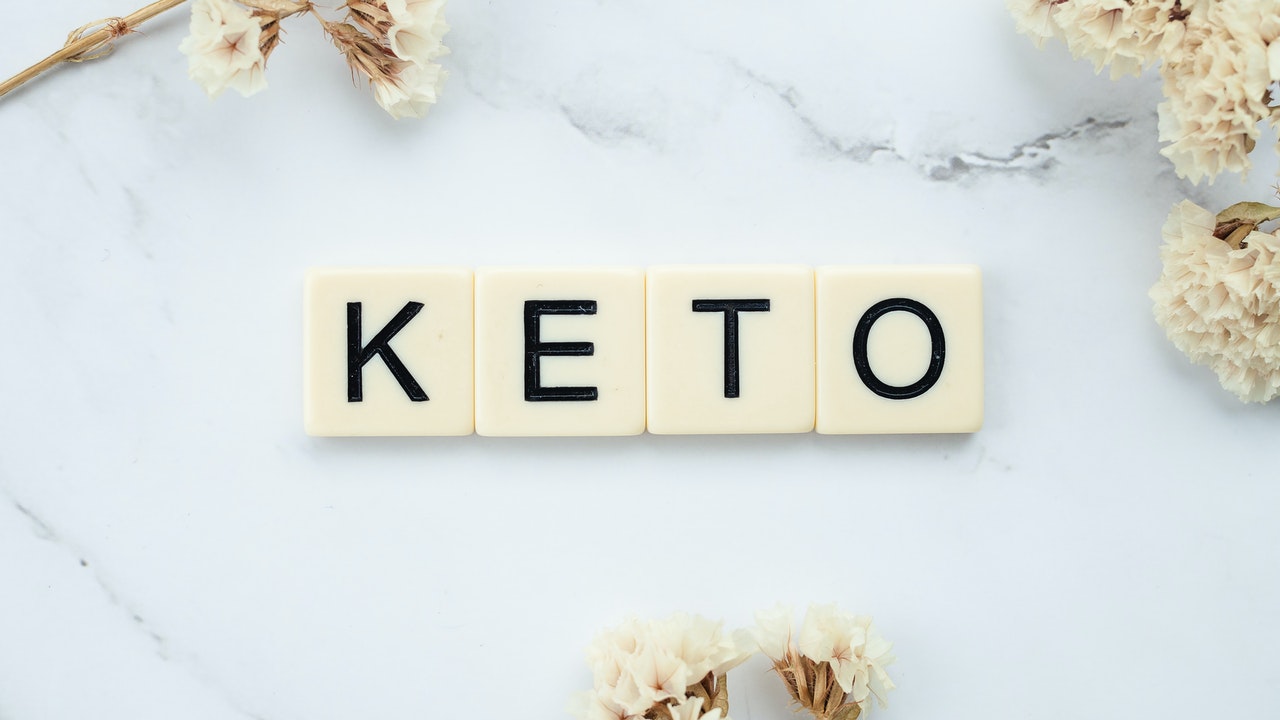When your best friend is telling you how the keto diet has completely changed her life, she may be leaving out something important: the keto flu! It’s a side effect of the diet that includes symptoms like digestive issues, low energy, brain fog, headaches and poor sleep (Yikes!). Sure, these might go away after a while, but they’re a sign that there’s a problem. Restrictive diets like keto leave your body short of certain nutrients it needs to function properly. You should know what these are—and understand the consequences—before you join that friend on the keto train.
But first: What exactly is a Keto diet?
Simply put, Keto is an extremely low carb, high fat diet. It started as a way to help children with epilepsy1—there’s strong evidence that it reduces the frequency of seizures—but has since gained massive popularity as a way to shed weight.
Keto diets vary, but they basically work like this: Your body’s preferred source of energy is glucose (carbohydrates), but when your carb intake drops, your body uses up its stored glucose (called glycogen) and resorts to breaking down amino acids (protein) and ketones (molecules produced by your liver from fat) for fuel. When this happens, you enter a fat-burning state called ketosis.2
Using fat for energy? Sounds like a weight-loss wonder, but it’s actually pretty tough on your body. A keto diet lacks variety, and chances are you’ll be missing out on some key nutrients. Here are four big ones:
- B Vitamins
You’re probably familiar with vitamin B-12, biotin and folate, but did you know there are actually 8 essential B-vitamins? These play a critical role in many processes in your body, including energy production, brain function, digestion, nerve function, cell metabolism and more. While you can get some B vitamins from animal fat, you get most of them from eating carbohydrates like:
- whole grains,
- legumes,
- fruits,
- fortified cereals.
When you cut these in the name of Keto, you’re probably cutting your B vitamins too.
- Electrolytes
Electrolytes are essential minerals that control your body’s fluid balance and play a key role in nerve, muscle, heart and brain function. On keto, your body can run short of some key electrolytes like sodium, calcium, magnesium and potassium. This is partly because foods allowed on keto tend to be lower in these electrolytes, but more importantly, a Keto diet makes your body expel them faster.3 As you restrict carbs, your insulin (the hormone that regulates blood sugar levels) stays low, and when insulin is low, it sends a signal to your kidneys to increase the excretion of water and electrolytes. And that makes it harder for your body to do its (many) jobs.
- Fiber
What else is missing with Keto? A bit of roughage. As your body switches from burning carbs to burning fat, it’s common to experience digestive issues like occasional constipation. High-fat foods lack fiber, a type of indigestible carbohydrate that plays a vital role in digestion and helps you to stay regular.4 Fiber is mostly found in plant products like fruit, vegetables, legumes and whole grains, but on a keto diet, these gut-friendly foods tend to be shown the door, raising the odds of a problem.
- Antioxidants
Free radicals, nasty little compounds that hurt your health, are constantly forming in your body as a result of exercise, pollution, smoking, stress and certain foods. Left unchecked, they can cause oxidative stress, a process that damages cells and sometimes leads to illness. Your body’s main defense against these destructive molecules are antioxidants, natural compounds that wander around your cells mopping up free radicals and keeping cell damage in check.5 Fruits and vegetables are the best sources of antioxidants in your diet. Cutting them back, as you do on keto, may give free radicals free rein.
Bottom Line
There are a lot of reasons to follow a diet like keto, but before you commit, consider what you might be cutting out and how that may impact your health. Do some research to make sure you’re getting all the nutrients you need—whether from food or from supplements—to prevent any risks to your health.
About Yaquelin
Yaquelin is a Registered Dietitian Nutritionist. Her passion is helping others live healthier and happier lives. She enjoys learning about new supplements, working out and baking sweet treats.
Yaquelin is just one of Persona’s team of qualified nutritionists. Do you have questions about nutrition? Reach out. Our experts would love to help. Book a free appointment.

